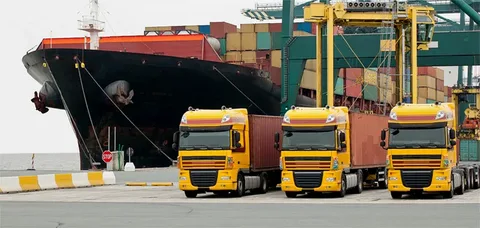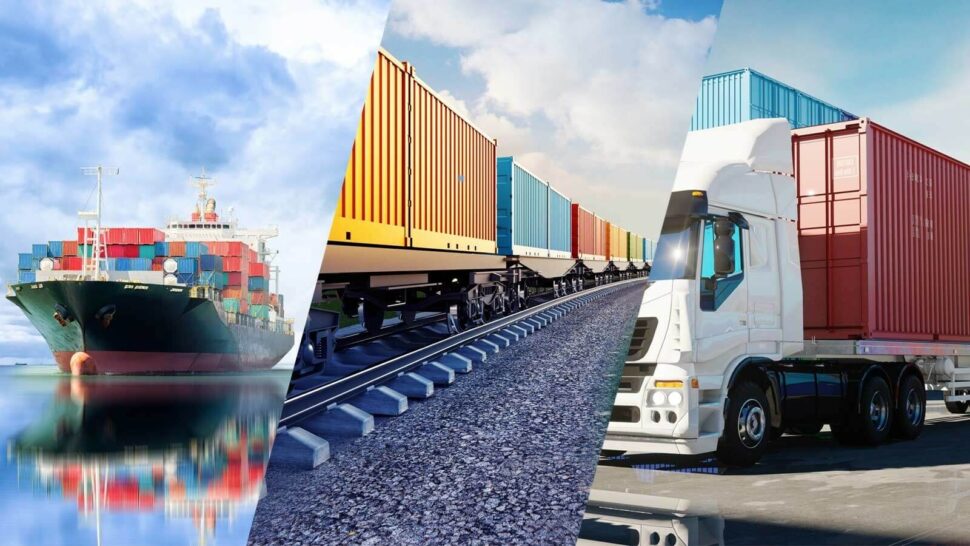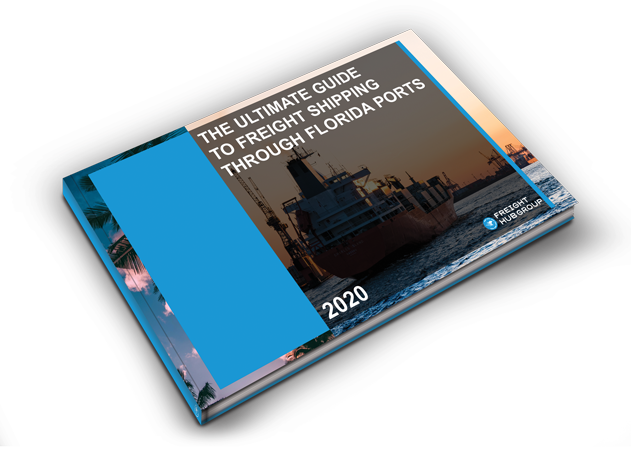Types of freight carriers in logistics: Characteristics & Features
While we know that the type of carrier you choose will depend on many factors, from budget constraints to the way in which you want your freight to be transported, it’s important to consider these factors and more in order to make sure that your business isn’t left with an empty shelf or sitting on a pile of unsold stock due to poor planning.
What is a Freight Carrier?
Freight carriers are freight transportation companies that specialize in transporting goods, supply chains, raw materials, finished products and more. These carriers have a team of professionals who are specially trained to handle these types of shipments with care and precision. Freight carriers are in the business of moving goods. In addition, like any other business, they need
to find ways to optimize their processes and increase efficiency. One way that freight carriers can improve their operations is by using reverse logistics companies.

Reverse logistics companies help freight carriers with the process of getting products from a supplier or manufacturer to a customer. By working as an intermediary between these two parties, reverse logistics companies can reduce the time it takes for a product to reach its final destination by cutting out the middleman. This saves both money and time for the carrier, as well as improves overall quality because there’s less chance of errors occurring along the way
Freight carriers for shipping companies typically operate logistics operations on a contract basis, which means they offer their logistics processes services at set rates for specific periods. They also tend to be more nimble than traditional freight transport companies are, as they can move cargo quickly and easily when needed.
Some key features of Fright Carrier logistics include:
- Ability to rapidly respond to changes in demand or supply conditions
- They are experts at moving hazardous materials safely and securely
- Their experienced team can handle any type or size of shipment
- They offer a variety of delivery time options, including door-to-door service and scheduled pickups
Challenges
When it comes to logistics, there are many challenges that can arise and various shipping methods. These include:
- Costs
- Delays
- Miscommunication
- Quality
- Safety
- Security, and more.
Types of shipping
The four main types of carriers for shipping in logistics are trucking, railroads, ocean and air cargo. Trucking is the most common type of carrier, as it’s often cheaper than other methods and can reach more destinations quickly. Railroads are usually used for large shipments that need to be moved over long distances quickly, while air cargo is used for smaller items that don’t require a lot of transportation time or distance.
Ocean freight is the most common type of carrier for shipping because it’s the cheapest way to transport goods long distances. Ocean freighters travel on oceans or seas, using large ships that can hold a lot of cargo. Airfreight is similar to ocean freight but uses airplanes instead of ships to move items between countries or continents. Land transportation moves goods by truck or train across country borders..
Types of freight carriers
There are many different types of logistics freight carriers, including:
Local, Regional and National Carriers
- Local carriers provide door-to-door service and are typically the least expensive option. Their costs are often driven by fuel costs and depreciation of vehicles, but they are also more flexible than other types of carriers.
- Regional carriers provide a mix of door-to-door service and one-stop shopping for smaller freight pieces. They may be able to pick you up from multiple locations or have a network of truck stops or terminals where you can drop off your freight.
- National carriers typically provide door-to-door service but have access to a larger network of regional cities across the country. National carriers offer a higher level of service than regional carriers but can be more expensive.
Common Carriers and Contract Carriers
- Common carriers: Common carriers are companies that are required by law to provide transportation services to all customers at uniform rates regardless of the origin or destination of the cargo. They don’t own any vehicles or employ drivers, so they’re not transporting cargo themselves. Common carriers include railroads, buses, trucks and ships (among others).
- Contract carriers: Contract carriers are independent companies that have contracts with common carriers to provide certain services on behalf of their customers. They buy the goods from the customer and then transport them to their final destinations.

Choosing the right type of carrier for your needs will help you achieve the best results
Choosing the right type of logistics carrier or freight shipping for your needs will help you achieve the best results in cost-effective manner. Before choosing a carrier, it is important to know what your options are and what each option has to offer. In order to choose wisely, you must first understand how different types of carriers work and what they are capable of doing. Once you have a clear understanding of each type’s capabilities and limitations, you can make an informed decision based on your business needs. Each carrier has its own set of strengths and weaknesses which make them ideal for certain situations but not so great in others.
Before choosing a specific service provider for your shipping needs, look into their rating or reviews online as well as their track record when it comes to customer service/satisfaction levels (if these details aren’t already mentioned). You should also ask yourself whether this company has any certifications that prove its commitment to environmental sustainability (e-Stewardship Certification).
Freight companies Can Handle Your Shipping
Freight carriers are an essential part of the logistics industry. They move goods from one place to another, and they do it quickly and efficiently. The top 3pl companies in freight carriage include GoFrieghtHub, FedEx, and DHL. These companies offer a wide range of services that can meet the specific needs of any business. Additionally, these companies have decades worth of experience delivering goods reliably and on time no matter what the situation may be.
Conclusion
We hope that this article has helped you better understand the different types of freight carriers and how they work. Keep in mind that when choosing a carrier, it’s important to consider your needs as well as the features offered by each type of carrier. It may take some time for you to find the right one for your business but don’t be discouraged if this happens!
Recent Posts
Watch our Podcast

THE ULTIMATE GUIDE TO FREIGHT SHIPPING THROUGH FLORIDA PORTS
When it comes to ocean freight shipping in Florida, there is a lot to know to ensure you follow the appropriate steps when shipping into and out of Florida Ports.
Just enter in your email address and receive your FREE E-Book in minutes!